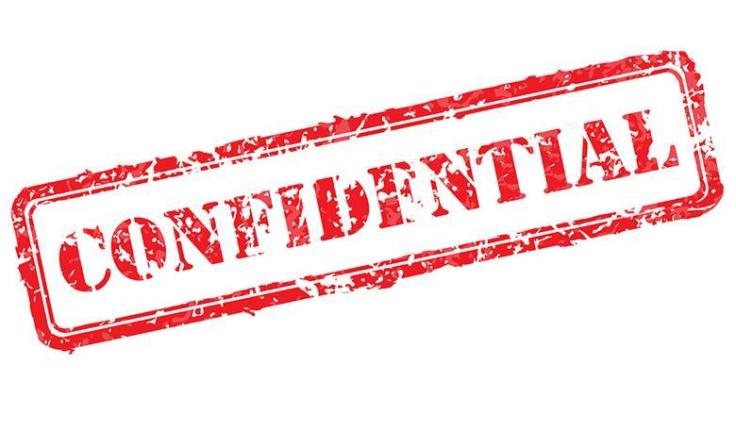
After reading Anthony Lewis’ chapter on Brazenburg v Ohio, I grew worried about the safety of private citizens ability to share personal stories. In Brazenurg v Ohio the court ruled that a reporter must testify in a criminal grand jury when called. The Chief Justices states “we cannot seriously entertain the notion that the First Amendment protects a newsman’s agreement to conceal the criminal conduct of his source, or evidence thereof, on the theory that it is better to write about crime than to do something about it….”
Of course, in instances of citizens plotting violent acts this is more than reasonable. Potential harm that is able to be stopped at the expense of confidentiality I fully endorse. In circumstances like the violence that took place in Charlottesville, this is extremely critical. However, in the circumstances provided from Brazenburg v Ohio, the catalyst for this case was enforcing reporters to identify drug users and members of the Black Panther Party.
As someone passionate about human rights and social movements, I viewed this ruling as problematic. Some states still list drug possession as a felony– and in this case reporters in contact with these drug use Drug abusers and often live in terrible conditions that further their use. Circumstances around drug users also often include toxic relationships. In this circumstance, anonymity can be crucial to their safety. This situation may also be similar to certain drug dealers as well- they may be acting under a larger force and outing them may also put these people in danger. Enforcing journalists to disclose nonviolent offenses may incite violence in these communities.
It is very difficult deciphering which rights are necessary to sacrifice for public safety. Case studies may show that reporters who broke confidentiality aided the public, but they may also show the opposite-which is why this case worries me.

You raise important questions here. In some ways, you echo the Court. The Court feared that by creating a constitutional protection, journalists could not be compelled to testify EVER. The concurrent decision by Justice Powell (as well as his notes) seem to suggest a middle path wherein a journalist might have a privilege akin to those granted to doctors, lawyers and clergymen. Those protections are within judicial practice, not enshrined in the Constitution.
Good post.
LikeLiked by 1 person